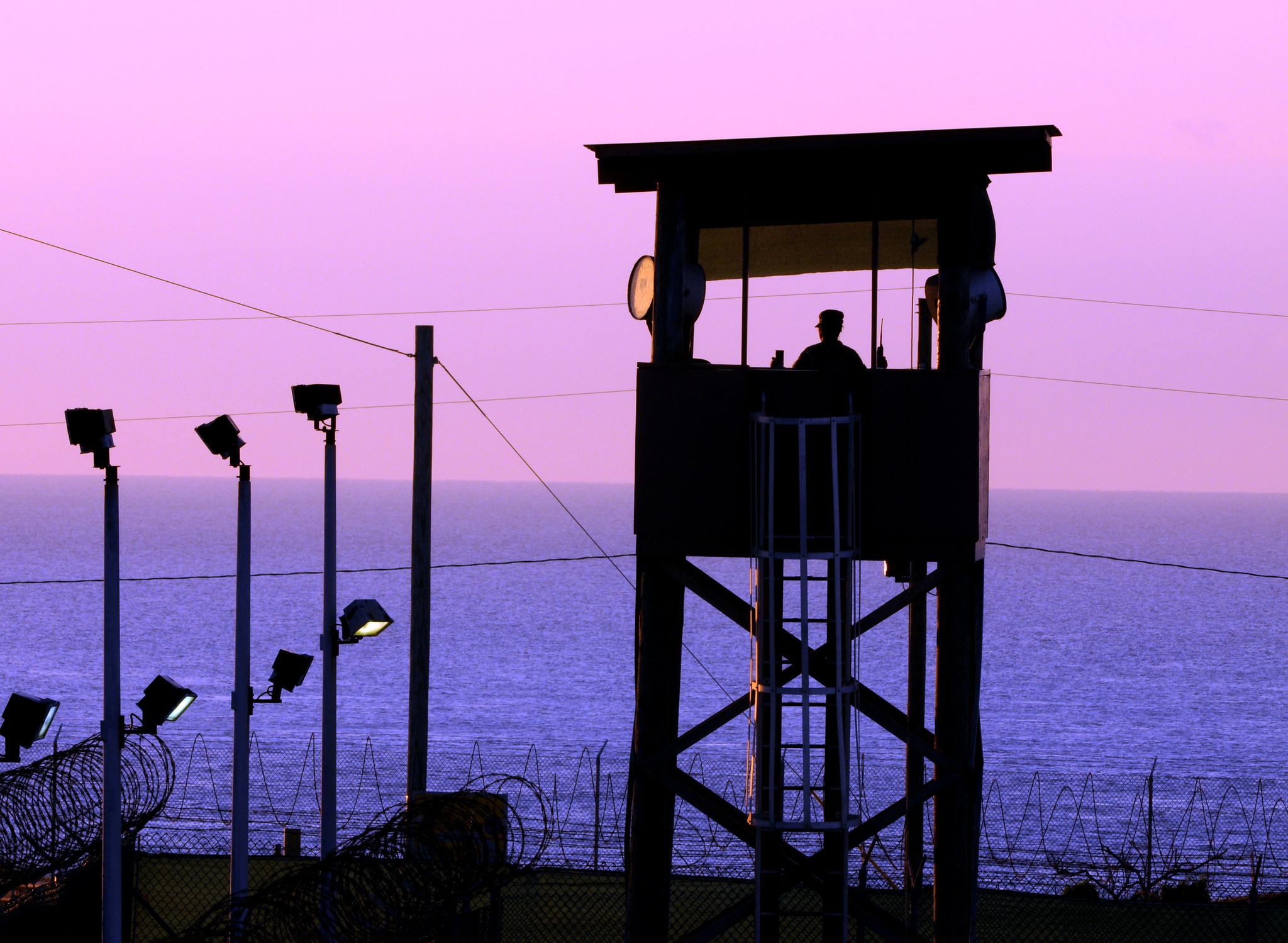October 24 Session #5: Ex Parte Matters, and Protective Order Modifications
AE98 is Richard Kammen’s topic. In that motion, Kammen says, he asks to present ex parte materials to the court, which would justify a pending defense request for a mitigation expert. The Convening Authority denied it; the defense lawyer was reluctant to provide more information to the Convening Authority, as that would require him to take the same step with respect to the government. For his part, Prosecutor Anthony Mattivi has no objection to an ex parte procedure. Judge Pohl thus agrees to take up the matter.
Published by The Lawfare Institute
in Cooperation With

AE98 is Richard Kammen’s topic. In that motion, Kammen says, he asks to present ex parte materials to the court, which would justify a pending defense request for a mitigation expert. The Convening Authority denied it; the defense lawyer was reluctant to provide more information to the Convening Authority, as that would require him to take the same step with respect to the government. For his part, Prosecutor Anthony Mattivi has no objection to an ex parte procedure. Judge Pohl thus agrees to take up the matter. Should it bless the ex parte procedure, then the court will return the expert mitigation request to the Convening Authority for expedited evaluation on the merits.
Remember the motion to end presumptive classification, filed by 9/11 defense lawyer James Connell III? Or his motion to compel discovery of certain classification guidance? We turn to those same issues now, in this case, by means of AE113 and AE112, respectively---but prosecutor Johanna Baltes sees no need to go diving into them. The reason? Consistent with its approach in the 9/11 case, the government now proposes not to deem all statements of the accused as presumptively classified until the classification authorities say otherwise. Instead, Al-Nashiri's lawyers must treat as classified only statements that are classified or reasonably believed to be so. Baltes thus agrees to modify the extant protective order Al-Nashiri's case, so as to reflect the protective order it last week proposed in the 9/11 case.
That’s trouble for Reyes, who notes that this case's protective order remains in force, and might not be modified for some time. So long as the protective order's existing "presumptive classification" regime remains in place, the severe restrictions on counsel do, too. He thus urges swift removal of the offending paragraphs in the protective order---which Reyes believes in any event to be inconsistent with the Executive Order regarding classified material.
Judge Pohl briefly confers with Johanna Baltes, who describes, in detail, the language that prosecutors now aim to excise. She’s naturally keen to preserve provisions that would cover the accused’s involvement in the RDI program. Sure, the defense wants badly to challenge the continuing classification of information surrounding that program---but they have absolutely no right to do so in this case. That's hornbook law, in the prosecutor's view. Observations and experiences of the accused on RDI, she says, will still be protected going forward.
Judge Pohl takes 112 and 113 under advisement, while instructing prosecutors quickly to file a formal proposal to modify the protective order. He observes, in the meantime, that deletion of presumptive classification language from the order could moot the defense's two motions. At Reyes’ request, he adds a time limitation: if the prosecution does not submit its proposal within two weeks, then the court may resume its consideration of 112 and 113.
We’re in recess until 13:15.
Wells C. Bennett was Managing Editor of Lawfare and a Fellow in National Security Law at the Brookings Institution. Before coming to Brookings, he was an Associate at Arnold & Porter LLP.


-final.png?sfvrsn=b70826ae_3)

